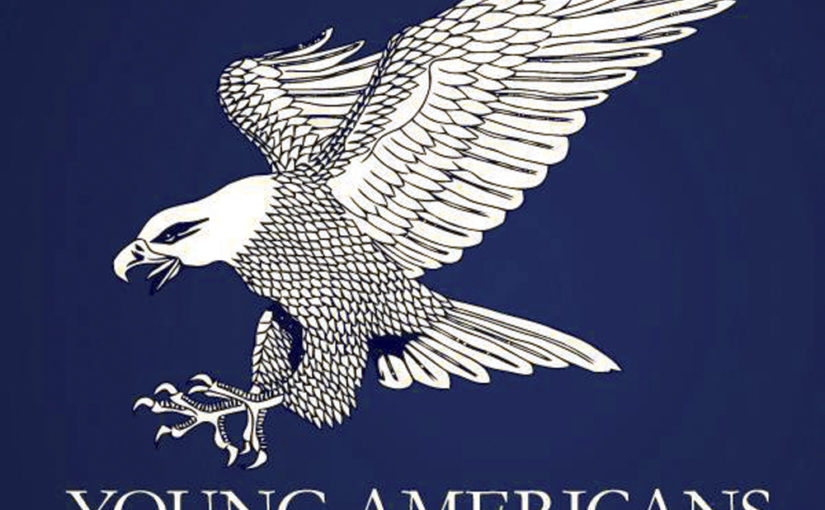North Dakota State’s Young Americans for Liberty (YAL) organization asked for members of the study body to sign a petition Sept. 1, starting the process to potentially revise a portion of the school’s demonstration policy.
Specifically, the organization is trying to change ambiguous terms in articles 9.1 and 9.4 of section 154 in the NDSU Policy Manual, YAL president Brad Foster said.
The two primary sentences the group is trying to revise currently read, “All members of the community are expected to conduct dialogues with dignity and courtesy,” and, “Any protest, rally or demonstration must be registered with the Memorial Union Administrative Office and University Police prior to the event.”
“Now, obviously, we don’t have a problem with dignity and courtesy, but those are really, really ambiguous terms,” Foster said. “How can you not censor speech when the purpose in your policy is that students are expected to respond with respect and dignity? You can’t have it both ways.”
Foster and the YAL are concerned the subjectivity of the terms create another problem. “I’m giving NDSU the benefit of the doubt that they’d never, ever touch on people’s First Amendment rights, [but] what if in 20 years down the line someone gets a new position of authority who does want to?”
Provost Beth Ingram believes the policy is currently in place because, “Universities are limited public forums, which means that they’re places where there is free speech that goes on and we have places where people can express their views. But, we also have the opportunity to restrict where that happens.”
According to Ingram, the only authority NDSU has on restricting demonstrations is if the demonstration interferes with the school’s mission, but never on content.
“I think students on this campus have a lot of freedom to express their views. In my three years here, we’ve never restricted speech based on what students want to say,” Ingram said.
“The petition is obviously the first start,” Foster said. “It got us in contact with the provost, the vice-provost, the director of student affairs, I believe, and the person who wrote this policy.”
“We were only out there for two hours and we got … somewhere between 35 to 40 signatures,” active member of YAL Tim Sizemore said. “It goes to show how much support something like this can have in the general student body.”
If NDSU does decide to revise or review this policy “something like this would probably go to the Student Senate, the Staff Senate and the Faculty Senate,” Ingram said. After, and if, the three governing bodies vote on and approve the revisions, it goes to the provost who then makes a recommendation to the president. “But, ultimately, the president is the one who has final approval authority over all our policies.”
“Anybody on campus can pursue a change in policy,” Ingram said. “Having this discussion might make students more aware of what their rights on campus are, which is a good thing,”
